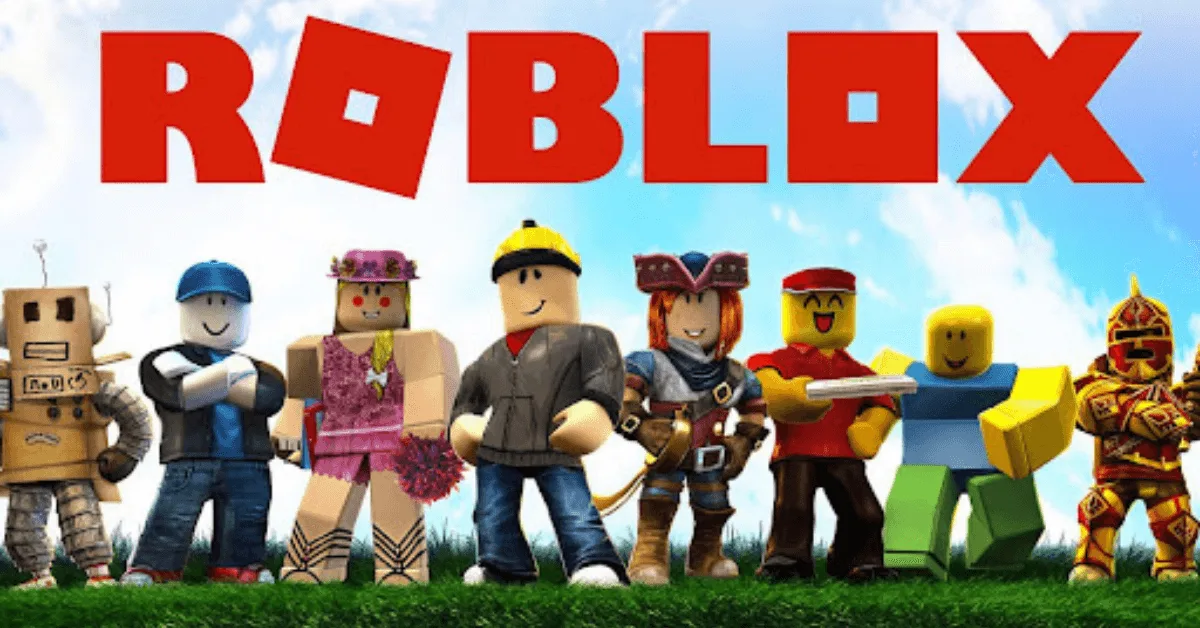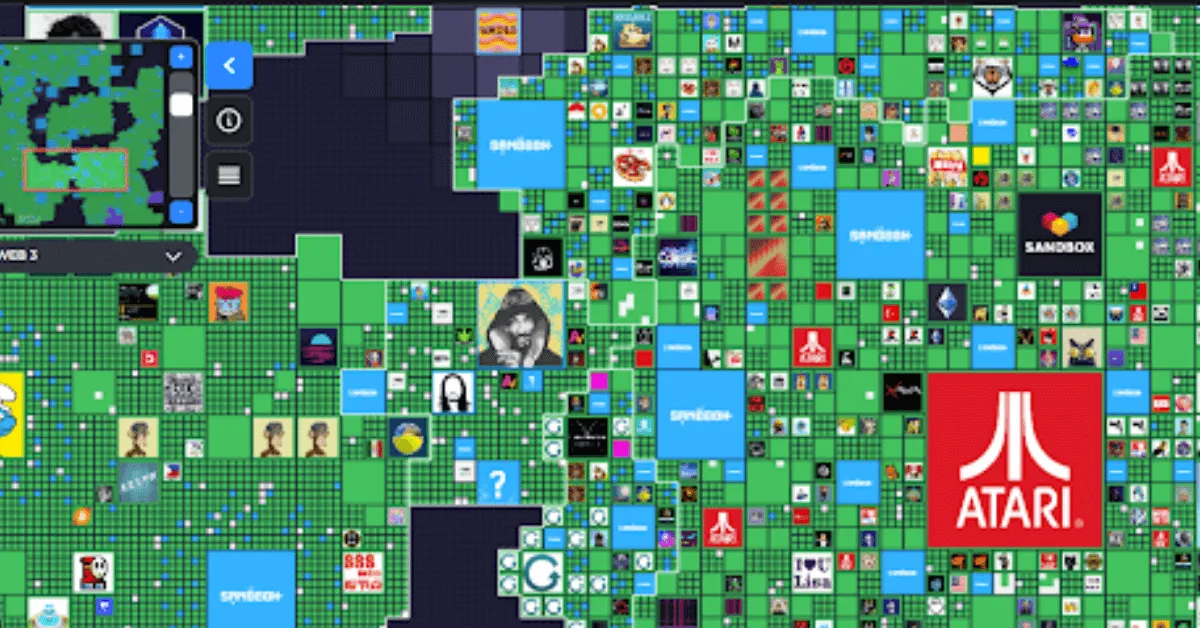A metaverse can be many things: it's a virtual world where users can use virtual reality (VR) technology to interact with other people, buy things, play games or even own digital assets, like NFTs. However, it's not "The Metaverse."
The way you enter a metaverse depends on which metaverse you choose — and there are many. Your VR hardware, device, the metaverse's capabilities and your access to cryptocurrency determine how you explore and interact in the metaverse as well.
What is a metaverse?
The term "metaverse" was coined by author Neal Stephenson in his novel Snow Crash, which describes a computer program that simulates the virtual world.
Metaverse refers to a virtual reality that's intuitive, immersive and more useful than traditional life sim games. A metaverse is meant to be governed by the users themselves, and is typically built on blockchain technology and crypto (decentralised finance).
Modern metaverses are meant to be an extension of the real world, eventually with full immersion.
Read our deep-dive on metaverses
Immersive levels
There are three immersion levels within the metaverse that each require different tech and gear:
- Non-immersive: A computer program or game, where you control your character remotely, indirectly interacting with the virtual world without physical sensations.
- Semi-immersive: Examples include a flight simulator with a realistic flight stick, playing a racing game with a steering wheel controller, or using a VR headset. Some physical sensations while interacting with the environment are possible with haptic vests and treadmills.
- Fully immersive: A fully-immersive world would involve every human sense. It would require a variety of technologies, and may not be possible for many years.
How to join the metaverse
Start by choosing the metaverse platform you want to join or participate in. There are metaverse gaming platforms, museums, skate parks, gardens, real estate games and more that each require different tech, digital wallets or devices to join. Research your chosen metaverse platform to find out which items you need to get started.
Create an account with the metaverse platform you want to join. In some cases, especially with gaming universes, you may need to purchase an NFT to play. However, creating an account is almost always free.
Metaverse items you may need
Items you may need or want before joining a metaverse:
- Augmented reality (AR) glasses
- Gaming console
- Haptic suit, vest or gloves (usually optional)
- Motion controllers
- Smartphone or PC
- VR headset (Oculus, HTC Vive, Playstation VR, etc.)
- Digital wallet
The Oculus Quest can run you between $400 to $500 retail depending on the model — immersive VR gear isn't cheap. For people who don't have VR gear, but do have a smartphone, there are VR headsets where you place your phone inside — like VR-sky — and typically cost around $30 to $40. However, you may not need VR gear depending on the game or metaverse you choose.
Do I need cryptocurrency to join the metaverse?
You may not need cryptocurrency or a digital wallet to enter a metaverse. Many metaverse platforms allow users to enter without paying anything, simply requiring an account, a compatible device and email for verification.
However, some metaverses have in-game shops, NFTs for sale and in-game economies that enhance the experience. Cryptocurrency and a digital wallet may be required to enjoy the play-to-earn (P2E) aspects of a metaverse game.
Our guide to the best exchanges for buying crypto
Types of metaverses you can join
We're in the early stages of what a metaverse can be and its capabilities, but there's already multiple ways to enjoy a virtual world.
Play-to-earn games
A metaverse game is designed to be more interactive than a traditional game. Some examples of play-to-earn (P2E) metaverse games are Roblox, Upland, The Sandbox and Decentraland. Most of these games are built on blockchain technology, allowing players to buy and sell in-game NFTs.
How immersive and DeFi these games are varies. Roblox, for example, supports the use of VR gear but isn't built on a blockchain, where Decentraland has no VR support, but is built on Ethereum.
A P2E metaverse game typically requires a digital wallet to play and earn.

Image source: Roblox
Social spaces
Social spaces are virtual reality spaces where users enter a metaverse and use an avatar (typically 3D) to socialise with others. A metaverse social space differs from traditional chat rooms and VRChat, in that cryptocurrency and blockchain tech is essential to enjoying the full capabilities of the platform.
Spatial is an example of a metaverse 3D social space, built on Binance Smart Chain blockchain. You can use a variety of VR tech to enter and meet up with friends, coworkers and family. Companies can use Spatial as a way for employees to meet for chats, collaboration and presentations, too.
Social space metaverses typically allow users to buy land plots to display art, build structures or simply have their own space to meet up. You need a digital wallet to buy and sell NFT art, structures or avatar clothing.

Image source: Spatial
NFT art galleries
NFT art galleries are popular in the metaverse space, primarily for displaying NFT art and projects.
Sotheby's Metaverse is a famous example, which has become an online space for rare and expensive NFT art. Users can bid on art and view collections and display their art in an interactive environment.
To buy and sell NFTs in art galleries, plan on having a digital wallet where you store your NFTs.
Virtual real estate
Purchasing land plots and parcels is a key aspect in many P2E games and even social spaces. Decentraland and Upland are prime examples of virtual real estate in the metaverse.
Upland is a virtual P2E where users buy parcels that are mapped to the real world — build structures, sell land for a profit and earn cryptocurrency. In Decentraland and Sandbox, parcels can be used to construct casinos, art galleries, games, host events and much more.
Buying virtual real estate in a metaverse almost always requires a digital wallet and cryptocurrency.
How to buy virtual real estate

Image source: Sandbox
What can I do with my NFTs in the metaverse?
NFTs have many forms and uses in a metaverse: land parcels, avatar clothing, game characters, art, videos and more. For example,
- Display NFT art in Spatial metaverse
- Dress your avatar in wearable NFTs such as jackets, shoes or sunglasses in Decentraland.
- Play NFT game characters in P2E games
- Buy plots of lands that are NFTs in Upland
Many metaverses have a proprietary NFT marketplace where users can buy, sell and trade NFTs with other users. Some users focus on collecting expensive and rare NFTs and selling them on a marketplace once their value appreciates.
For example, a famous shoe company could release a limited line of shoe NFTs for avatars to wear in a specific metaverse. If the company is well-liked and the shoe NFTs are rare, the value of those NFTs could increase.
People who purchase the shoe NFT to resell it may see a profit. This allows users to earn actual money by buying and selling NFTs in the metaverse — or lose money, depending on how the NFT depreciates or appreciates.
Compare marketplaces to buy NFTs
Join a metaverse community
Joining a metaverse's Discord server or subreddit helps you stay current with news, updates and even rare NFT drops. Other members of the community may even be willing to help with any questions you have — these forums can be a wealth of information.
Many crypto-companies join Discord to update and interact with the community around their product. Reddit is a popular cryptocurrency hub as well, where you're likely to find a subreddit dedicated to a specific metaverse, coin or NFT marketplace.
What to watch out for
When interacting with a metaverse, losses, security and potential scams are something to consider.
- Asset security.Cryptocurrency and NFTs are stored in software or hardware digital wallets. If someone gets the login information for your wallet, they have access to your accounts and there's usually no way to get them back once they're stolen. Keep your passwords and passphrases safe.
- NFT volatility. An NFT's value is largely based on consumer interest, rarity and accessibility. We don't recommend investing more in cryptocurrency or NFTs than you can afford to lose: there's no guaranteed payout with these digital assets.
- Scams.Rug pulling scams and phishing attempts are rampant in cryptocurrency and NFT spaces. Never give out your wallet's passphrase to anyone, and look for red flags when purchasing NFTs on public marketplaces.
Our complete guide to NFT scams
Sources
Ask a question
More guides on Finder
-
What are cross-chain NFTs?
Need to put an NFT on another blockchain? Here’s how.
-
How to make money in the metaverse
Learn how you can bank in on the metaverse hype or carve out a career in this expansive virtual space.
-
How to mint an NFT
Step-by-step guide on minting an NFT.
-
Champions Ascension guide: A P2E NFT action-RPG by Jam City
What we know so far about the upcoming NFT-based blockchain game, Champions Ascension
-
How to play Decentraland
Learn how to play with one of the largest cryptocurrency metaverses in the world.
-
NFT statistics reports for 2022
The definitive ranking of the NFT adoption across 26 countries.
-
How and where to buy NFTs
Read our step-by-step guide to buying NFTs, including what you need to get started and which marketplaces you can use in Australia.
-
How to make an NFT
Creating an NFT is easier than you might think. Here are 5 steps to make an NFT, and other details you should know.
-
List of the 50 best Axie Infinity guilds plus a guide for scholars
Looking for an Axie Infinity scholarship? This NFT blockchain game guide lists all the best guilds with tips on how to be the best scholar.
